Black History Month may be coming to an end, but the influence of these five trailblazers continues to reshape what the Church must become, says Ayoola Bandele. May they inspire and challenge Christians everywhere to persistently pursue their calling, whatever challenges they face
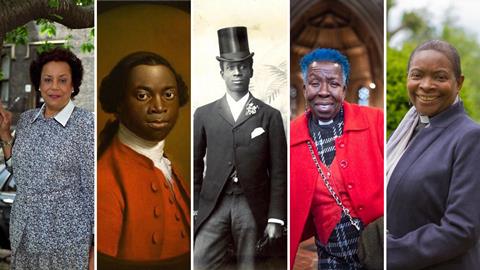
Sometimes, faith feels like waiting in a hallway full of unanswered prayers.
You push on doors that don’t seem to move, wondering if anyone hears you knocking. Yet, in every generation, God raises up people who show us that his timing opens doors that determination alone cannot.
The story of the Church in Britain cannot be told without the courage and conviction of Black Christians who refused to let barriers define the boundaries of their calling. For every pulpit once closed, there was someone who prayed, persevered and persisted until it opened - not only for themselves but for generations after them.
From churches to classrooms, newspapers and community halls, these pioneers carved out spaces of dignity and discipleship where exclusion once stood. Their stories remind us that the gospel’s power is not limited by race, gender or history - rather it thrives wherever faith dares to stand firm.
This Black History Month, here are five Black Christian trailblazers whose lives continue to reshape what the Church in Britain can become.
1. Bishop Rose Hudson-Wilkin: a voice at the table
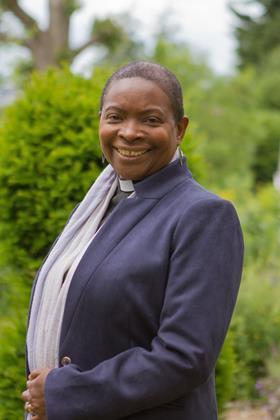
When Rose Hudson-Wilkin arrived in Britain from Jamaica as a teenager, she carried a sense of divine purpose that few could yet see. In a Church of England still wrestling with representation and belonging, she dared to believe there was room for someone like her.
Her early applications for ordination were met with scepticism. Yet she persisted — studying, serving and praying faithfully in communities that became both her training ground and her testimony.
Their faith endured, challenged and changed institutions once thought immovable
Today, as the Bishop of Dover - and the first Black female bishop in the CofE - she embodies Revelation 3:8: “See, I have placed before you an open door that no one can shut”.
Her voice, both pastoral and prophetic, continues to call the Church toward inclusion that reflects heaven’s diversity. As she once said, “I didn’t kick the door down. I prayed until it opened.”
2. Rev Eve Pitts: A prophet of remembrance and renewal
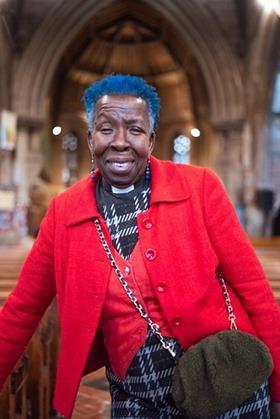
In 1994, Rev Eve Pitts made history as the first Black female vicar in the CofE. Her appointment came with challenges, but Eve’s faith was forged in fire — and she has since become one of the Church’s clearest voices for truth, remembrance and renewal.
She has often urged the Church to remember the stories it would rather forget. Her sermons call for a theology that heals wounds, honours the faith of the enslaved, and confronts injustice with grace.
Her ministry echoes the prophets of scripture: uncomfortable yet redemptive, truth-telling yet tender. Through her courage, many have rediscovered that honesty before God can lead to healing among his people.
3. Celestine Edwards: The forgotten evangelist
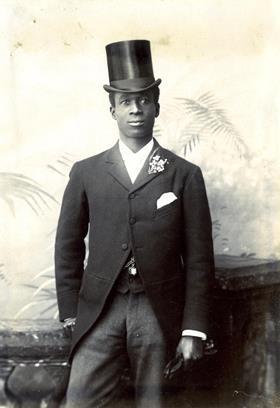
Long before podcasts and digital platforms, Celestine Edwards used the printed page to spread the gospel and advocate for racial equality.
Born in Dominica and arriving in the UK in the late 1800s, he became one of Britain’s earliest Black editors and Christian evangelists.
Through his magazine Lux, Edwards championed Christian faith, temperance and justice — believing that the good news of Christ demanded both personal transformation and public righteousness.
He wrote: “Our faith must not only save souls, it must also serve society.” His legacy, often overlooked, anticipated the Church’s modern call to integrate evangelism with social action. Edwards’ pen proved that ideas can be as powerful a mission field as pulpits.
4. Dame Jocelyn Barrow: Faith in the public square
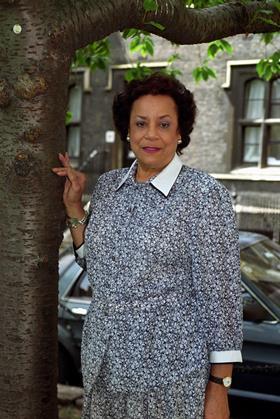
Few figures embodied the blend of faith and civic duty as well as Dame Jocelyn Barrow. As Britain’s first Black female governor of the BBC, she used her platform to champion education, equality and representation.
Her deep faith guided every decision from policy meetings to public advocacy. She helped shape the Race Relations Act and co-founded the Campaign Against Racial Discrimination, believing that justice and righteousness were twin expressions of God’s kingdom.
Her life reminds believers that the marketplace can be as missional as the ministry — a place where integrity and compassion still preach louder than words.
5. Ignatius Sancho: Letters of light in a dark time
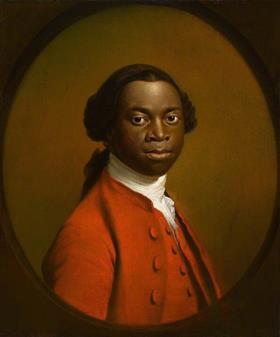
In the 18th century, Ignatius Sancho lived as both witness and writer. Born on a slave ship and later freed, he became the first Black Briton to vote in a parliamentary election and a leading voice in the abolitionist movement.
His letters, later published, revealed a man of wit, literary grace and unwavering faith. They stand among the earliest Christian testimonies of hope defying oppression.
Sancho’s words carried both lament and light — the rhythm of a believer trusting a redemptive God amid injustice.
His legacy reminds us that storytelling itself can be a sacred act of resistance, a way of writing faith into the fabric of history.
Faith that still breaks barriers
Together, these five believers show what happens when conviction outlasts rejection. Their faith endured, challenged and changed institutions once thought immovable.
Each stepped into spaces where they were not expected to belong. Yet through prayer, persistence and purpose, they made room for others to follow.
Perhaps their courage still challenges us today — to build spaces of belonging wherever we are. Because in the end, faith that breaks barriers is not just about opening doors for ourselves, but ensuring they stay open for those coming after us.




































No comments yet